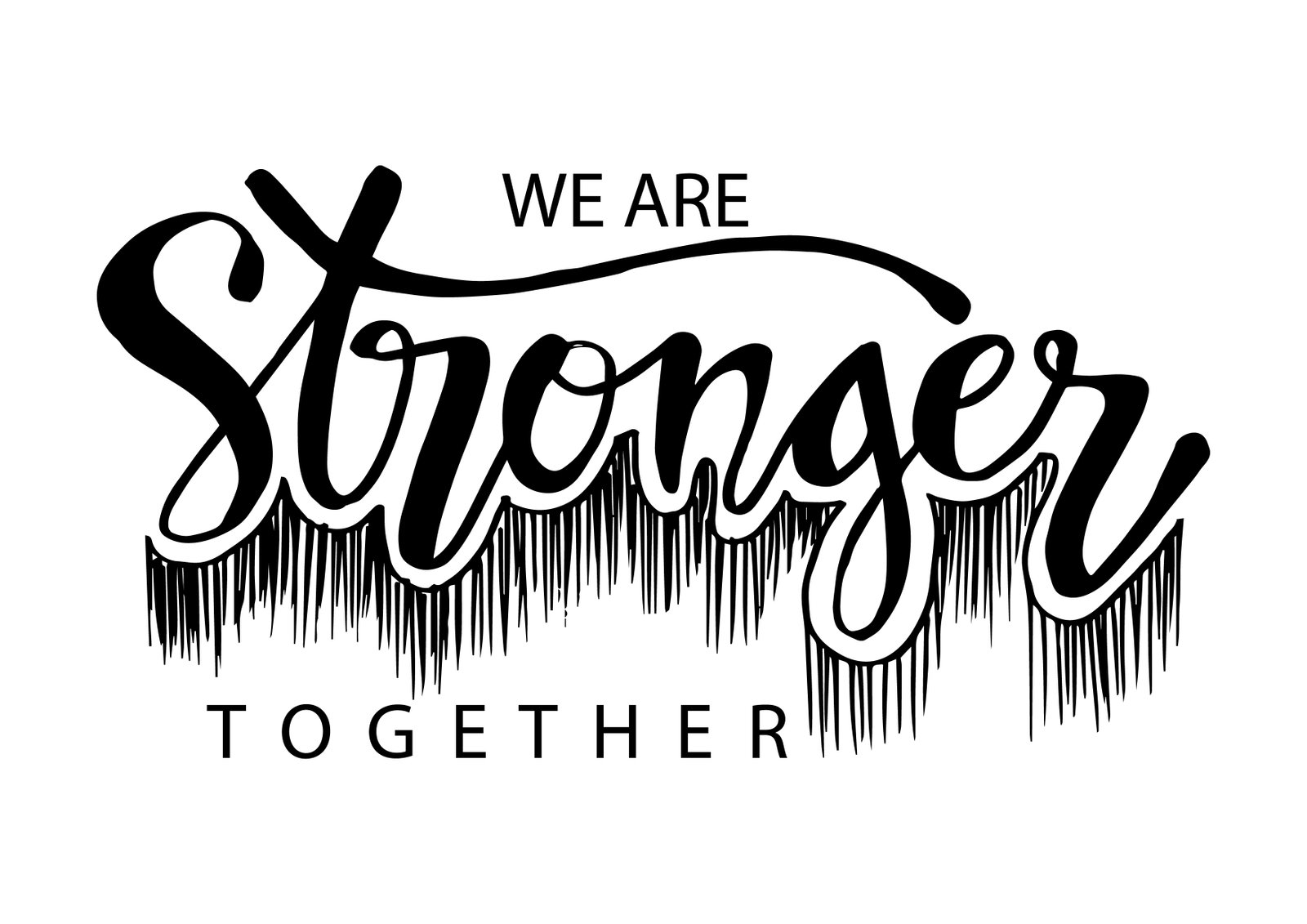

What is financial stability?
Financial stability in a family refers to the ability of a household to manage its financial resources effectively, while meeting its needs and obligations over time. It is a condition where the family's income, expenses, and debts are balanced, and they have enough savings and assets to withstand unexpected events or emergencies.
Is financial stability achievable?
Financial stability in a family can be achieved by developing a budget and sticking to it, managing debt and credit effectively, saving for emergencies and future goals, investing wisely, and ensuring adequate insurance coverage. By doing so, families can avoid financial stress and uncertainty, reduce their risk of financial hardship, and achieve their long-term financial objectives, such as buying a home, paying for education, or planning for retirement.
Now as we say developing a budget and sticking to it, for many couples sticking to a planned budget is a problem.
What happens if couple does not stick to the planned budget?
If a couple does not stick to their planned budget, it can lead to several negative consequences, both financial and emotional.
Financially, not sticking to a budget can lead to overspending, increased debt, missed payments, and reduced savings. This can result in financial stress and uncertainty, as well as the risk of financial hardship or bankruptcy. It may also negatively impact the couple's credit scores, making it harder to access credit or obtain favorable loan terms in the future.
Emotionally, not sticking to a budget can lead to disagreements, arguments, and resentment between partners. Money is one of the top sources of conflict in relationships, and not being able to manage finances effectively can exacerbate existing problems or create new ones. It can also erode trust between partners and undermine the sense of security and stability that comes from financial planning and discipline.
Struggling with money issues and trying to make ends meet is a common issue that arises between couples when they have different opinions, values, and priorities regarding money matters. Financial conflict can lead to stress, tension, and even relationship problems.
Now how does this conflict occur?
The simple answer is money value, which is different for each individual.
For example, one partner may prioritize saving for the future, while the other prefers to enjoy the present and spend money on experiences and material possessions. One partner may prefer to live a simple lifestyle, while the other partner may enjoy luxury and expensive items.
These different money values can lead to disagreements about spending habits, saving goals, and investment choices. If one partner is a spender and the other is a saver, it can create tension and stress in the relationship. The spender may feel restricted and deprived, while the saver may feel anxious about the future and frustrated with their partner's habits.
Let's have a clear understanding with the help of simple story of Kathy and Mark
Kathy and Mark had been married for 5 years, and they had two young children. Kathy was a natural saver and enjoyed finding ways to stretch their budget as far as possible. She clipped coupons, looked for sales, and often cooked meals at home rather than eating out. Mark, on the other hand, was a spender. He loved the thrill of making big purchases and often splurged on things they didn't necessarily need.
At first, Kathy and Mark's financial differences didn't cause much tension in their marriage. Kathy was happy to let Mark enjoy his purchases as long as they didn't go over their budget, and Mark appreciated Kathy's frugality and money management skills. However, over time, their differing attitudes towards money began to create problems.
One day, Mark came home with a new motorcycle, and Kathy was shocked. They had been discussing saving for a family vacation, and Kathy felt that the motorcycle purchase was an unnecessary expense that would prevent them from reaching their savings goals. Mark, on the other hand, felt that he deserved to treat himself to something he had always wanted.
He has a personality which tends to prioritize spending money on immediate gratification and instant pleasures, rather than saving or investing for the future. He often enjoy buying things for himself or for Kathy or any other friend/relative and may struggle with impulse control when it comes to making purchases.
Personality Traits of a Spender:
In terms of personality traits, spenders may be more impulsive, risk-taking, and less future-oriented than savers. They may also place a higher value on material possessions, status symbols, and experiences. Spendthrift behavior can be a symptom of deeper psychological issues such as low self-esteem, anxiety, or a desire for instant gratification.
It's important to note that being a spender does not necessarily mean that someone is irresponsible or lacks financial knowledge. It simply means that they prioritize spending over saving, which can lead to financial challenges in the long run if not managed carefully.

Now this is Mark who likes to brag, typically has a desire to seek attention and validation from others by exaggerating his accomplishments or personal qualities. Which led him towards his downfall.
Mark have aspirations to be part of a community that is perceived to be more prestigious or affluent. He is drawn to the idea of having access to luxury goods, exclusive events, or influential social circles. Mark is ambitious, competitive, and status-conscious. He place a high value on material possessions, appearances, and social status .Mark wanted to be part of higher standard society. But joining a higher standard society is not necessarily an easy or straightforward process. It often requires a significant
investment of time, effort, and resources, and may require a person to navigate complex social dynamics and expectations.
At first Mark wanted to be part of this society for legitimate reason such as professional networking.
All those influential people in his office played poker every saturday night.
Mark friends introduced him to poker and how poker is smart / intelligent/influential/rich people game. Mark enjoyed the game and also enjoyed company of these friends.
Earlier it was just a hobby, but he himself doesn't know when it turned into addiction.
He started going on weekdays, which made him skip office next day. Employer start losing his trust and wanted to fire him, but somewhere his good work held him back.
Kathy tried to make him understand but it was very challenging to make him see things from her prespective.
After winning few rounds in poker, slowly he started losing more and more until he was under enormous debt. This debt started affecting his mental, emotional and physical health.
Kathy too was disturbed as their savings drained in front of her eyes. They started fighting, arguing and blaming. They didn't know when they became so bitter and disrespectful
to each other. They argued about what was important to them and what they wanted their money to achieve. Eventually, they were able to calm down and listen to each other. They realized that they had different priorities and goals, they wanted to be together and they both were hopeful that if they work hard they can change this and they both wanted what was best for their family.
Eventually, Mark and Kathy sought the help of a financial advisor who helped them create a budget and develop a plan to pay off their debts. They also sought the help of a marriage counselor who helped them work through their issues and improve communication.
Kathy agreed to be more flexible and to loosen up on occasion, while Mark agreed to be more mindful of his spending and to involve Kathy in any major purchases. They also agreed to work together towards their shared goals, including saving for a family vacation and planning for their children's future.
Over time, Kathy and Mark found that they were able to find a balance between saving and spending that worked for both of them. They learned to appreciate each other's strengths and respect each other's priorities, and their marriage grew stronger as a result. They realized that financial differences and their mistakes were a natural part of any relationship, but that with communication, compromise, and teamwork, they could overcome any obstacle. They learned to work together as a team, prioritize their spending, and live within their means. As their financial situation improved, so did their relationship, and they were able to rebuild their trust and love for each other.

So as you can see financial distress is a common issue that many couples face, but with the right tools and support, they were able to overcome it and build a stronger relationship.
It's important for couples to openly communicate about their financial goals, values, and challenges to avoid conflict and build a strong financial foundation for their relationship.
Hope you do the same if you are facing any financial distress. Post a comment if you benefit from this blog.
#finance #marriagecounselor
Disclaimer :"All characters in the story are fictitious, any resemblance to any living or dead individual is a coincidence.”
Comments